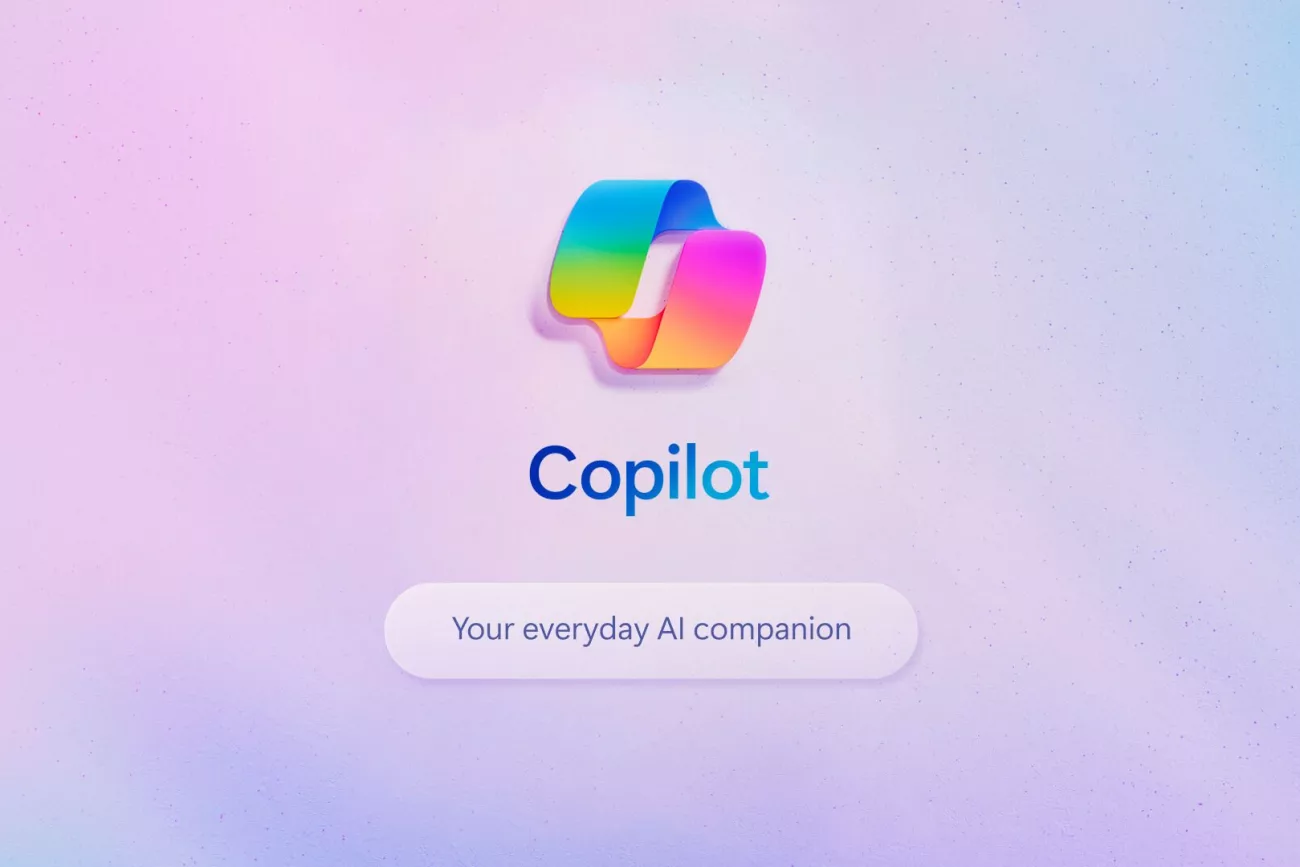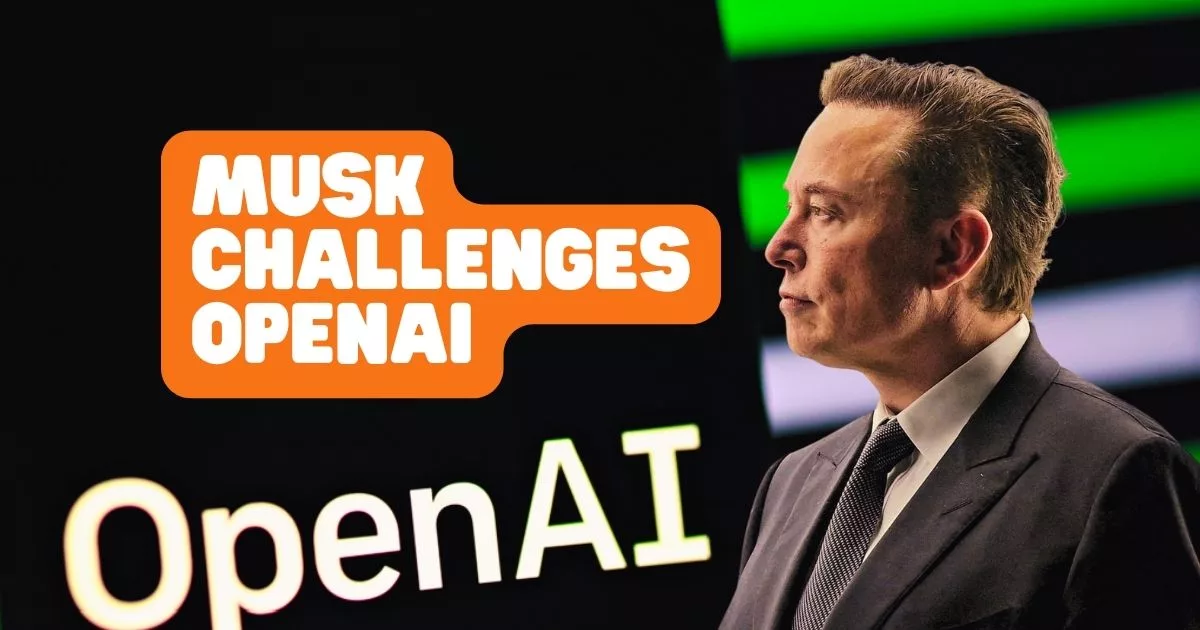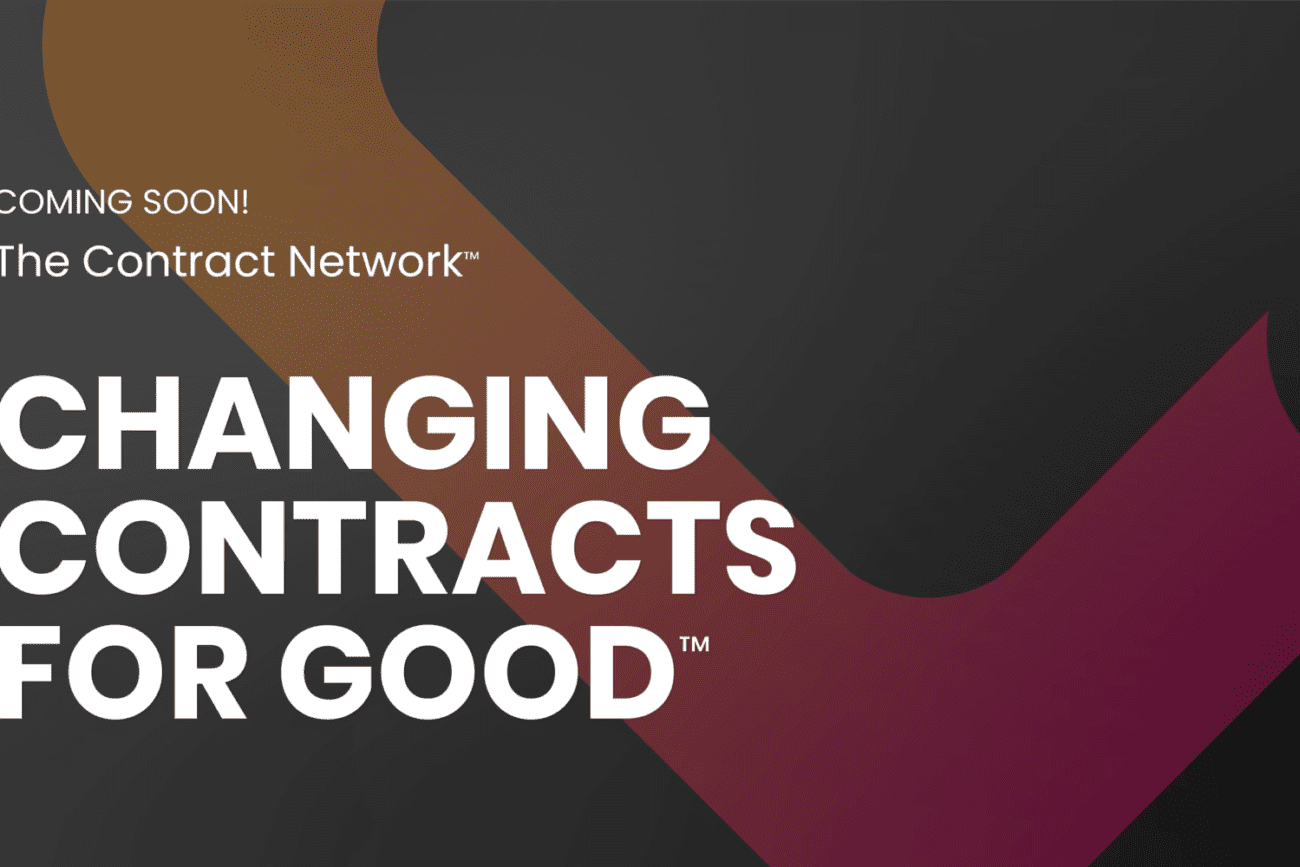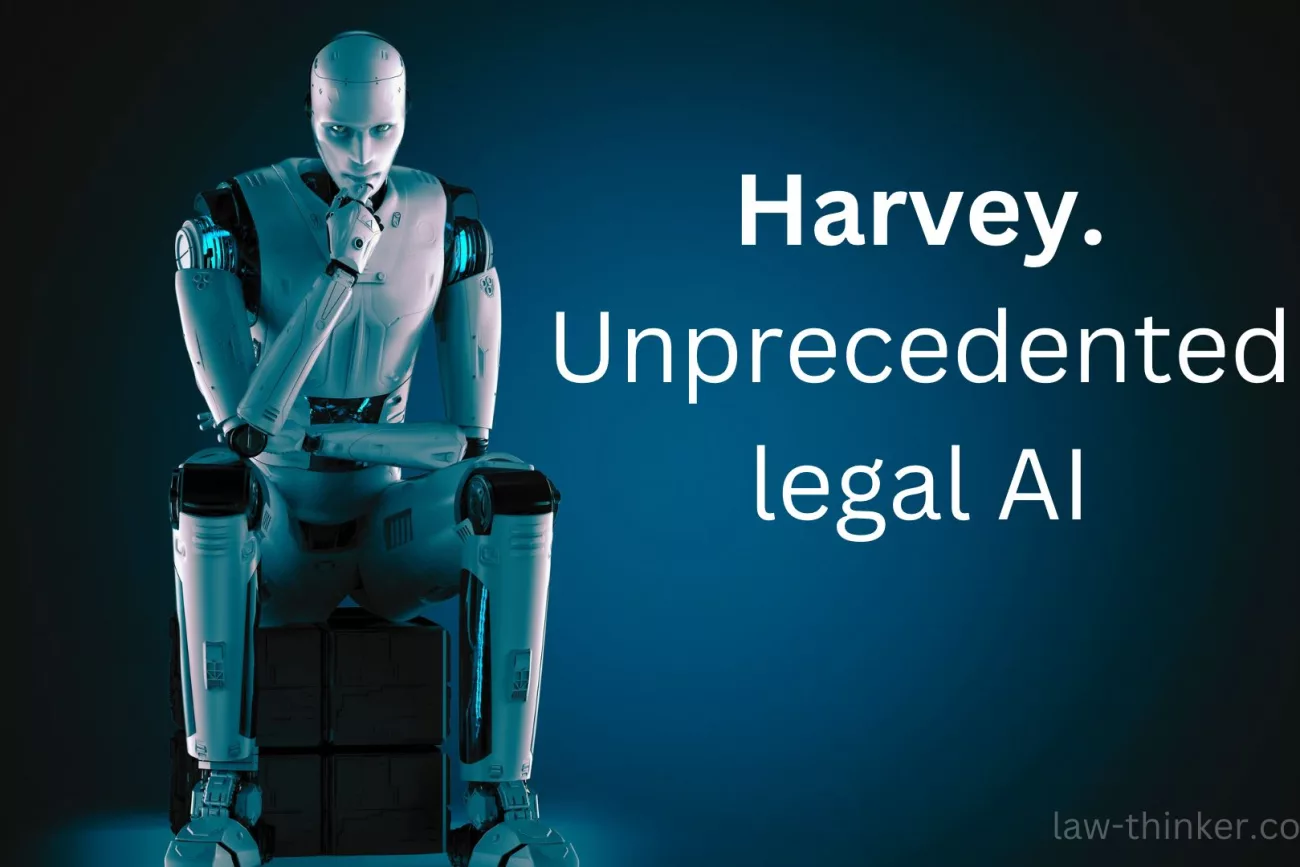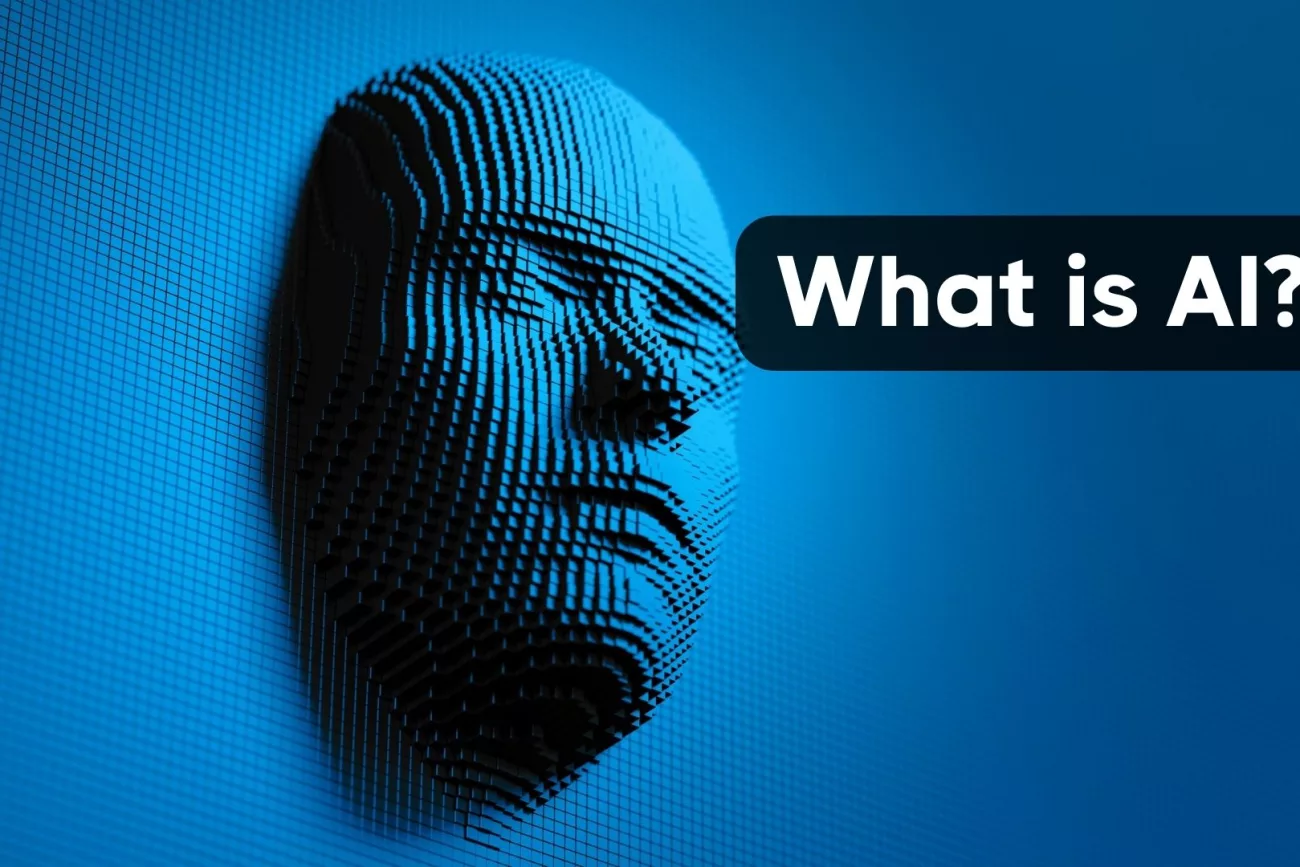
Key Points:
- AI tools like ChatGPT challenge freelancers in content creation and other tasks.
- The rise of AI is causing mistrust and disputes in the freelance community.
- Freelancers must upskill and specialize to remain competitive.
- Some freelancers are embracing AI to improve productivity and efficiency.
How ChatGPT is taking over in the real world and what that means for the future of work.
Rapid advances in artificial intelligence (AI) have shaken the freelance community, as ChatGPT, a powerful AI writing tool, shows to be more efficient and cost-effective than human writers. As the gig economy goes through a big change, we look at real-life examples of how the AI revolution is changing the world and putting a big threat on the jobs of workers all over the world.
The Rise of ChatGPT: A Game Changer in the Freelancing World
Melissa Shea, co-founder of Fashion Mingle, a networking and marketing platform for fashion professionals in New York, is just one of many business owners who have welcomed ChatGPT, an AI writing tool that has outperformed her human freelance writers. Shea got rid of the three content writers she had hired through Upwork in January 2023 and replaced them with ChatGPT, which makes content faster and for free. With more than 100 million users, ChatGPT has started an AI arms race between big tech companies like Microsoft, Google, and Amazon. It has also sparked a wave of AI startups.
ChatGPT can be used for a wide range of freelance jobs, from writing articles and doing research to making graphics, coding, and decrypting financial documents. But as it has become more popular, many freelancers feel threatened. Five clients Forbes talked to said that less experienced freelancers who don’t have specific skills will lose their jobs.
The bad side of AI: Lack of trust and accusations of plagiarism
As more freelancers use ChatGPT to do their work, clients on job sites like Upwork and Fiverr are getting a lot of offers for projects that are almost exactly the same. This has made clients and freelancers less likely to trust each other and has led to transactional disagreements and skepticism in the freelancing community.
Business expert and Upwork client Sean O’Dowd saw this firsthand when he posted two jobs and got close to 300 applications. He thinks that more than 200 of the applications were made using ChatGPT. Upwork doesn’t have an AI detection tool built into the platform, so O’Dowd used detection software from Writer, an AI company that works with businesses, to judge the proposals.
Google’s Part in the Rise of AI
As more companies hire freelancers to write website-traffic-driving content, Google’s ranking of ChatGPT-written content becomes an important feature. Google said in February that it would give more weight to high-quality, original content, even if it was written by AI, and downgrade trash content.
Adelle Archer, a client of Upwork who hires freelancers to do different jobs for her memorial diamond business Eterneva, shows how important Google’s position on AI-generated material is: “If Google figures out that the piece written by AI isn’t as good as the other ones and demotes it, it defeats the purpose of what you’re paying for.”
Even though there are worries, some freelancers like Alex Fasulo, who has been working on Fiverr for nine years and says he makes six figures a year, are still upbeat. Fasulo thinks that clients will continue to pay for human-created content because they know that AI-created content might not help their website rank as well on Google.
Adapt or Die: How Freelancing Will Change in the Future
Because of the rise of ChatGPT, freelancers have had to change and get better at what they do to stay important. Upwork gives advice on how to find a job and how to negotiate, and it also has a program that connects top-rated freelancers with special job openings. Fiverr’s Learn platform also has classes on different skills to help freelancers keep up with the market. Is that enough?
Many freelancers are learning new skills and focusing in niche areas, but others are using ChatGPT to their advantage to take a different approach. By using AI tools to handle some of their work, they can spend more time on creative and strategic tasks and give their clients more value. A new report from the McKinsey Global Institute says that people will need more creativity, emotional intelligence, and problem-solving skills in the next few years. This strategy may work.
It’s clear that the gig economy is going through a big change, and workers need to change with it if they want to stay competitive. As AI continues to make waves in the world of freelancing, it’s important for workers to invest in their skills, focus in niche areas, and learn how to use AI to their advantage. The future of freelancing may not be clear, but there is one thing that is certain: those who are open to change and keep getting better will be better able to succeed in this new age.
Will AI keep making gains in the gig economy, or will human workers still be needed? Just wait and see. In this brave new world of AI-driven content creation, it’s clear that writers need to step up their game if they want to stay in business. Don’t miss the next big turn in this ongoing story. Subscribe to our newsletter to stay up to date on what’s happening in the worlds of freelancing and AI.




